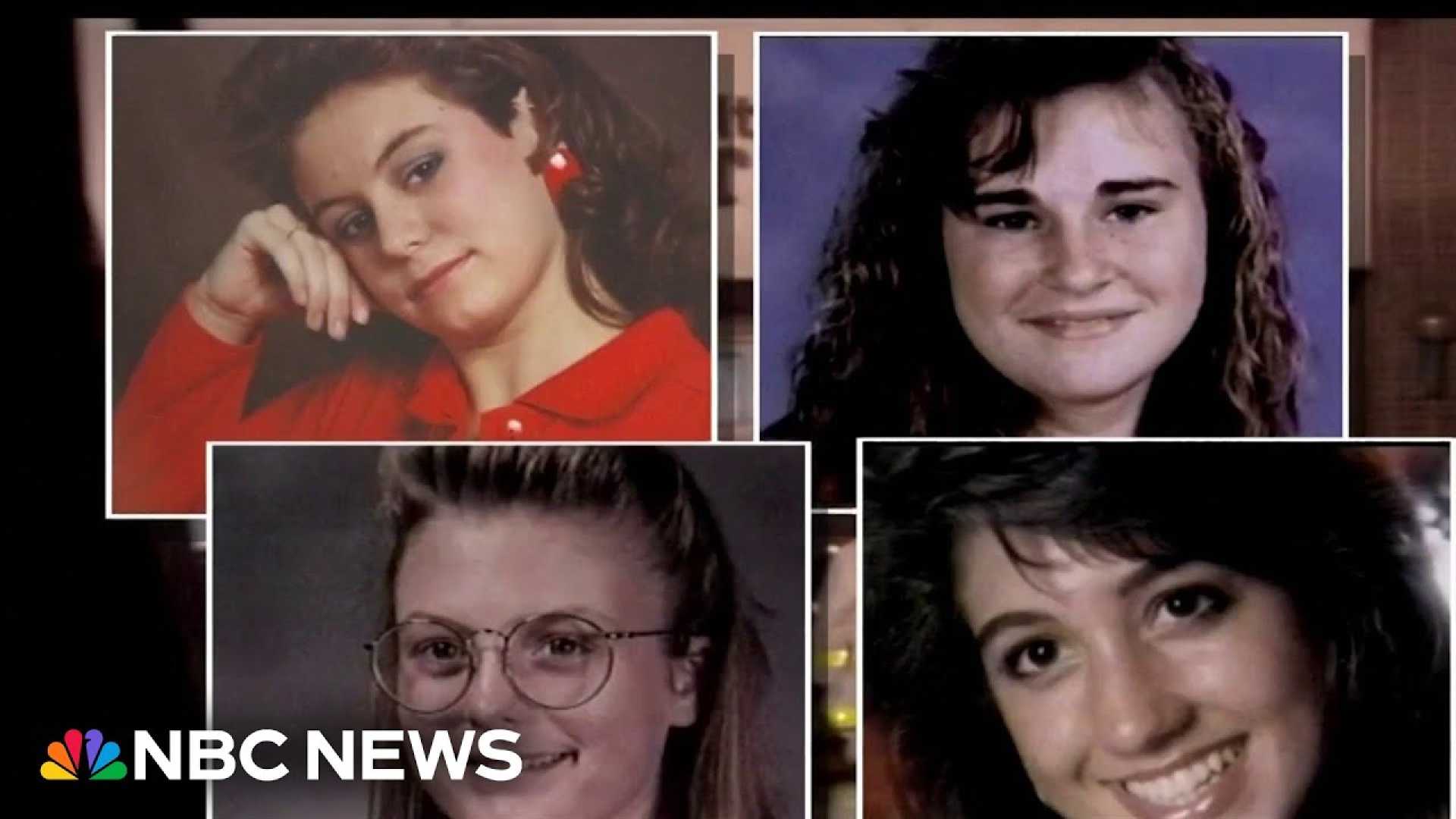News
DNA Testing Identifies Suspect in 1991 Yogurt Shop Murders

AUSTIN, Texas — Authorities have identified a suspect in the 1991 Yogurt Shop Murders, a case that has haunted the city for over three decades. Austin police held a press conference on Monday, Sept. 25, announcing that advanced DNA testing linked Robert Eugene Brashers, a deceased serial killer, to the murders of four teenage girls.
On Dec. 6, 1991, Jennifer Harbison, 17, her sister Sarah, 15, Eliza Thomas, 17, and Amy Ayers, 13, were found bound, gagged, and shot inside the “I Can’t Believe It’s Yogurt” shop in North Austin. Firefighters discovered the girls’ bodies after responding to the shop, which had been set on fire, destroying much of the forensic evidence.
Brashers, who died by suicide in 1999, was not linked to the crime until now. Police utilized Y-STR DNA testing, which focuses on male DNA, to connect him to the case. This testing provided a profile that matched Brashers, giving investigators a significant lead after years of fruitless searches.
Austin Police Department Det. Daniel Jackson oversees the case and spoke of the breakthroughs achieved since he reassumed the investigation in 2022. He noted that the original investigation led to the arrest of four teenagers, but two confessed testimonies were later recanted.
Austin police followed several leads, but no solid evidence ever linked the initial suspects to the crime. The case went cold until recent advances in DNA technology revived interest. In 2009, the charges against the arrested suspects were dismissed due to lack of evidence tying them to the crime.
This recent development will likely bring both closure and renewed anguish to the families of the victims. Barbara Ayres-Wilson, mother of victims Jennifer and Sarah, expressed her gratitude for the efforts to finally reveal the truth behind the horrific event that shattered many lives.
With the mystery of the Yogurt Shop Murders now closer to resolution, officials recognize the pain and trauma it has caused the community over the years. The investigation continues as police and prosecutors ensure they address the wrongful accusations against the original suspects.












